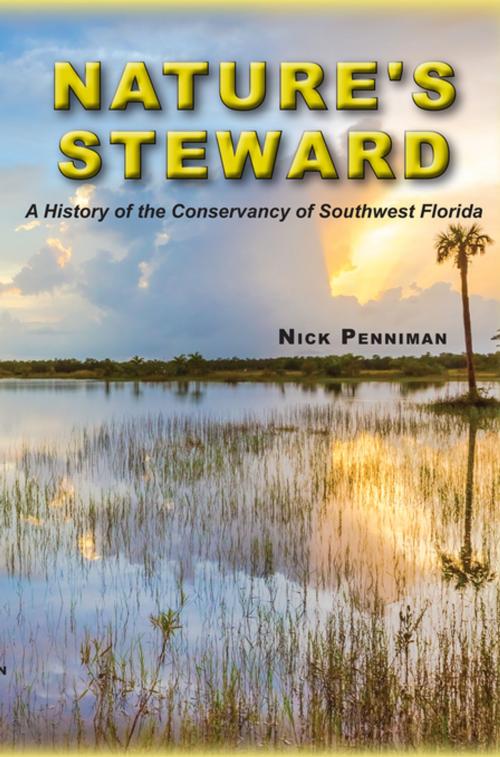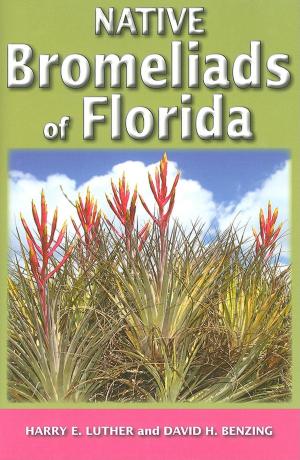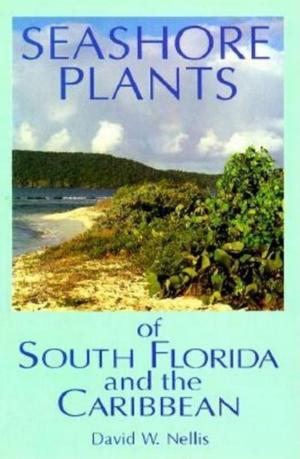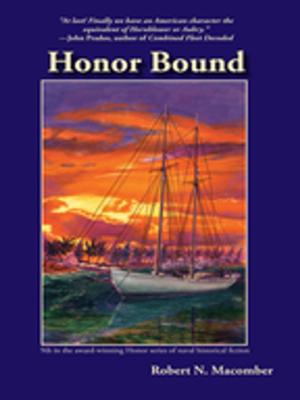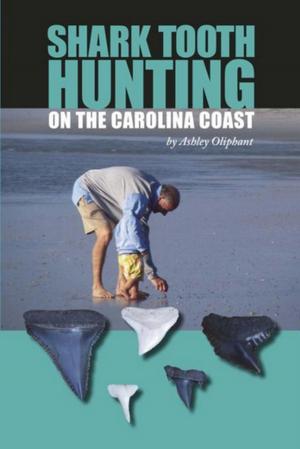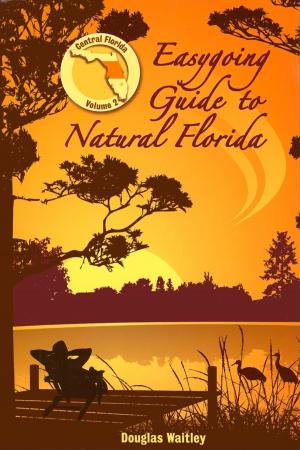Nature's Steward
A History of the Conservancy of Southwest Florida
Nonfiction, Science & Nature, Nature, Environment, Environmental Conservation & Protection| Author: | Nicholas G. Penniman IV | ISBN: | 9781561647149 |
| Publisher: | Pineapple Press | Publication: | January 1, 2014 |
| Imprint: | Pineapple Press | Language: | English |
| Author: | Nicholas G. Penniman IV |
| ISBN: | 9781561647149 |
| Publisher: | Pineapple Press |
| Publication: | January 1, 2014 |
| Imprint: | Pineapple Press |
| Language: | English |
Nature's Steward chronicles the development of southwest Florida using the modern-day Conservancy of Southwest Florida as the lens through which to examine environmental history. A parallel track exists alongside the Conservancy's story, and that is the evolution of land acquisition practices and comprehensive growth management planning efforts at the state and federal levels. The reader will come to understand the enormous commitment of time and money required to ensure that a beautiful corner of the world be developed in a generally sensible manner. The book is organized chronologically with three separate topics: land acquisition, managing for growth, and water. Each chapter focuses on events ranging from specific developments like Marco Island to broader initiatives such as the Collier County Rural Lands Stewardship Program, allowing the reader to appreciate the number of years spent working through the nuances, twists, turns, setbacks, and triumphs encountered in steering growth into landscapes best suited for development. This book also intends to sound an alarm. While most development has been carefully directed since the 1970s, water has long been overlooked as a finite resource in building out coastal Collier and Lee Counties. Further inland, extraction industries and creeping urban sprawl are responsible for habitat fragmentation that imperils a dozen threatened and endangered birds and mammals including the iconic Florida panther. And, finally, the prevailing paradigm in Tallahassee has pitched forty years of evolved environmental protection and regulation right out the window. This history of the Conservancy of Southwest Florida attempts to extract meaning from the events of the last fifty years and offers a way of looking at the future. It is the story of southwest Florida, home to a unique ecological system, but it also provides lessons for any other place at risk due to human development.
Nature's Steward chronicles the development of southwest Florida using the modern-day Conservancy of Southwest Florida as the lens through which to examine environmental history. A parallel track exists alongside the Conservancy's story, and that is the evolution of land acquisition practices and comprehensive growth management planning efforts at the state and federal levels. The reader will come to understand the enormous commitment of time and money required to ensure that a beautiful corner of the world be developed in a generally sensible manner. The book is organized chronologically with three separate topics: land acquisition, managing for growth, and water. Each chapter focuses on events ranging from specific developments like Marco Island to broader initiatives such as the Collier County Rural Lands Stewardship Program, allowing the reader to appreciate the number of years spent working through the nuances, twists, turns, setbacks, and triumphs encountered in steering growth into landscapes best suited for development. This book also intends to sound an alarm. While most development has been carefully directed since the 1970s, water has long been overlooked as a finite resource in building out coastal Collier and Lee Counties. Further inland, extraction industries and creeping urban sprawl are responsible for habitat fragmentation that imperils a dozen threatened and endangered birds and mammals including the iconic Florida panther. And, finally, the prevailing paradigm in Tallahassee has pitched forty years of evolved environmental protection and regulation right out the window. This history of the Conservancy of Southwest Florida attempts to extract meaning from the events of the last fifty years and offers a way of looking at the future. It is the story of southwest Florida, home to a unique ecological system, but it also provides lessons for any other place at risk due to human development.
